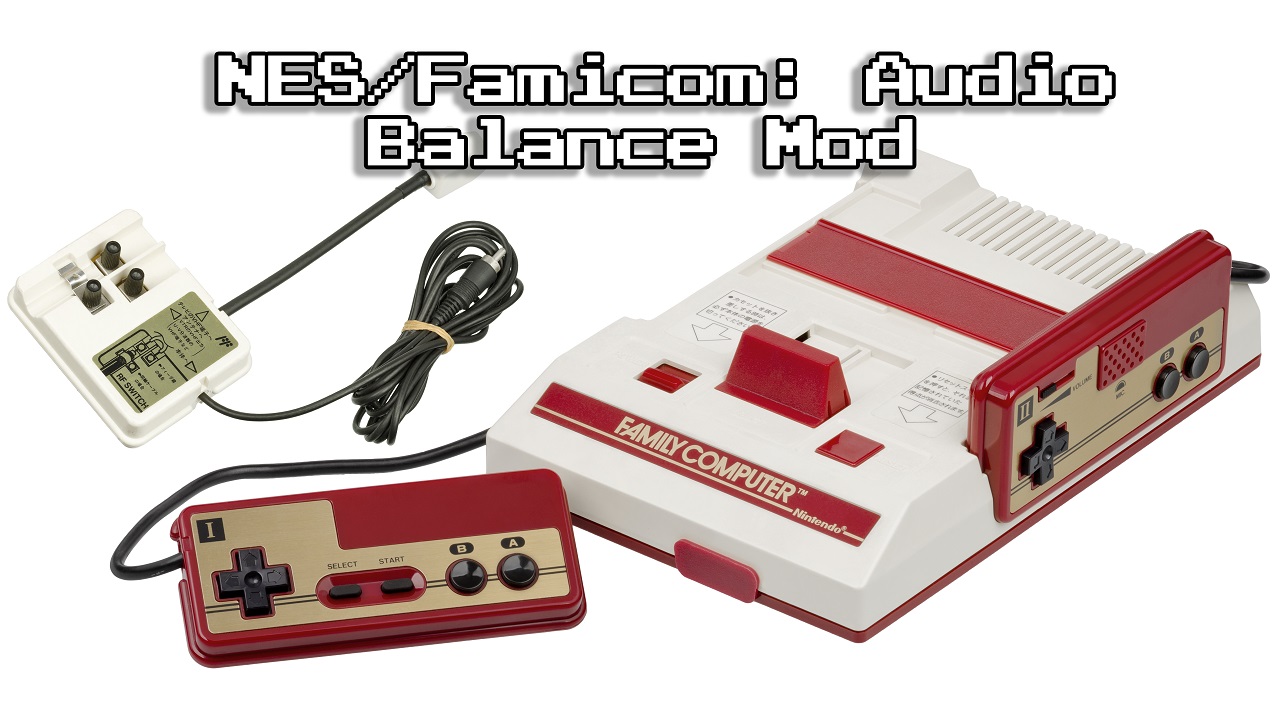The real problem in my opinion is how people new to soldering don't start with the right tools, of course you're going to have a shit time soldering stuff if you bought a walmart 40 watt 'portable' iron and solder and that's it. Much like woodworking you need to know when to STOP and not insist on something if you don't have the right tools. For example desoldering any through-hole components with more than two legs is a NO FUCKING GO for me because I know I'm just going to rip a pad off without better equipment, however I can solder SMD and through-hole just fine because that's what my equipment is suited to.
Aside from this glaring beginner's trap, really the other big issue is not having a proper mental model of how solder interacts with metal, and how surprisingly difficult it is for two pieces of metal in contact to actually transfer heat. Also how oxidization is the #1 enemy of actually managing to make the solder "stick" to where its supposed to. Good soldering has such a strong mechanical strength that usually is the wires/legs that give first if you pull on it strongly (remember Drakon? he probably did not understand this or his soldering/wire quality was craptastic).
I swear I haven't seen a video as good as this old ass archived instructional on how soldering actually works. 4:10 to 8:30 is gold.



